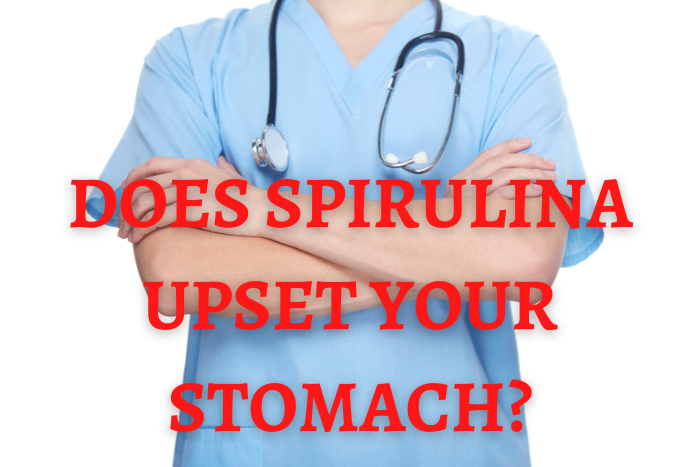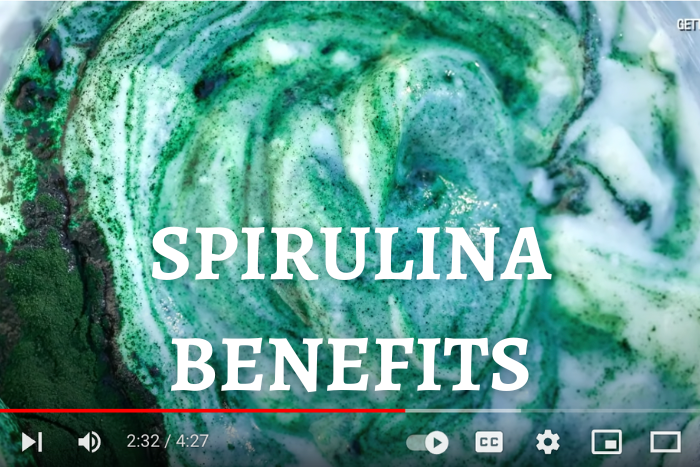
Do we talk about organic Spirulina?
Spirulina can be organic that fit all quality requirements or other Spirulina that grows somewhere where you cannot check its features.
What does it mean? It means that Spirulina, like other food products, can be contaminated with heavy metals, bacteria, or other toxins harmful to humans.
Overall, it does not matter what it is: Spirulina, meat, or dairy. Food products must be clean from contaminants.
Additionally, genetic engineering creeps into many areas of human life. Especially nanotechnologies are a new word for people who are not interested in science.
Can Spirulina harm the human body?
Organic Spirulina never will harm the human body. It is the opposite. Algae provide benefits that last a long time. Spirulina coats the stomach walls keeping it passive and relaxed during fasting. The calmed-down stomach is part of the healing process and gives rest to the whole digestive system.
Spirulina never will be harmful it algae are grown in places where the quality of the product is checked constantly.
Does Spirulina assimilate easily?
Spirulina grows in alkaline waters that make algae cell walls tiny compared with Chlorella, which grows in certain acid/alkaline conditions.
Some people cannot tolerate the digestibility factor, which depends on how algae grow. Chlorella is nutritious food too, but Spirulina has an advantage against it thanks to easy assimilation.
Spirulina is a light food for the digestive system.
The importance of stomach
The stomach is the first warrior and prominent worker in the digestive system if you do not count the mouth. The stomach works hard, churning food that is only sometimes easy o digest.
Additionally, stomach acid can be at low levels, which does not add good experience after a heavy dinner.
Bad-digested food from the stomach travels to the intestine, where the absorption of nutrients starts.
If people do not eat regularly, overeat, or take chemicals, the food can stay in the bowels and can stuck for a longer time.
All these disturbances can lead to bad health, such as bloating, constipation or heaviness.
How can Spirulina help the digestive system?
The best way to get back on track is fasting. During this time, all toxins and waste flush down the drain and relieve the body from unnecessary load.
During fasting, the body recovers and rests from activity. The stomach gets vacation too.
The nutrition from Spirulina does not count because of the easiness of assimilating and providing all the needed nutrients for a relaxed digestive system.
Why is the digestive system relaxed? The stomach does not need to churn the food. Spirulina covers the walls of the stomach and, from it, absorbs down the road along the intestines.

Wrapping up the topic
Spirulina is a wholesome food that provides the body with all the needed nutrients during fasting and at the time of usual life.
Spirulina, free from chemicals of any kind, acts as gentle, easily assimilated nutrition. You do not need to worry about an upset stomach or intestines after taking Spirulina.
Enzymes, vitamins, proteins, and minerals provide the body support in metabolic processes. Spirulina fills the gap with nutrients for malnourished people with a sluggish digestive system.
Only great benefits come from the organic Spirulina.

